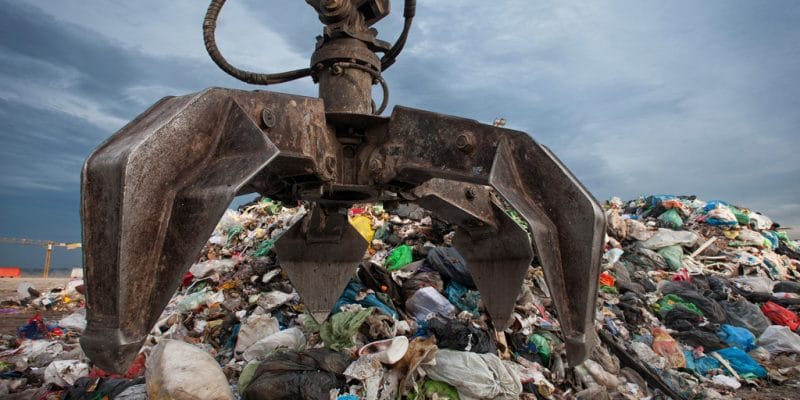The European Union (EU) is supporting a solid waste recycling project in Windhoek, the capital of Namibia, with a budget of 36.8 million Namibian dollars, about 2.4 million US dollars. The project will be implemented over the next four years.
The agreement to make this funding available was signed on January 31, 2022, between the mayor of the city of Windhoek, Sade Gawanas and Andreas Bovenschulte, head of the Bremen City Council in Germany. It is an amount of 36.8 million Namibian dollars, about 2.4 million U.S. dollars.
The European Union (EU) is providing the funding through the Directorate General for International Cooperation and Development (DEVCO), which is responsible for developing and implementing its development policy. The N$36.8 million project aims to improve solid waste management in the Namibian capital Windhoek, where services are still in their infancy with direct consequences for the environment and human health.
Improvements expected in the recycling industry
Currently, waste management activities throughout Namibia are in the recovery, collection and semi-treatment stages. The Namibian government already wants to reverse the trend in the city of Windhoek, by increasing the share of recycled waste.
Thus, several solid waste recycling stations will be set up within the framework of the EU-funded project, as well as a business incubator to establish this new trend in the recovery of waste into secondary raw materials, particularly through innovative initiatives. Educational workshops will also be organized in Windhoek schools to sensitize young people to responsible solid waste disposal techniques, as well as exchange meetings between Bremen and Windhoek experts on sustainable solid waste management. The two cities have been cooperating for over 40 years.
Read Also – AFRICA: the circular economy at the heart of ecosystem preservation
The recycling project will be implemented over the next four years. The initiative will bring Namibia closer to its goal of becoming a model in waste management in Africa by 2028. By 2019, the Namibian Ministry of Environment and Tourism had already developed a solid waste (particularly plastics) management strategy through a consultative process.
This policy goes beyond an outright ban on plastic bags as is the case in some African countries, by implementing a tax. In Namibia, every citizen pays an environmental tax of N$0.5 (US$0.03) on every plastic bag they use. All of the revenue from the levy goes into the Environmental Investment Fund. The funds are used to improve waste management through the introduction of recycling.
Inès Magoum







